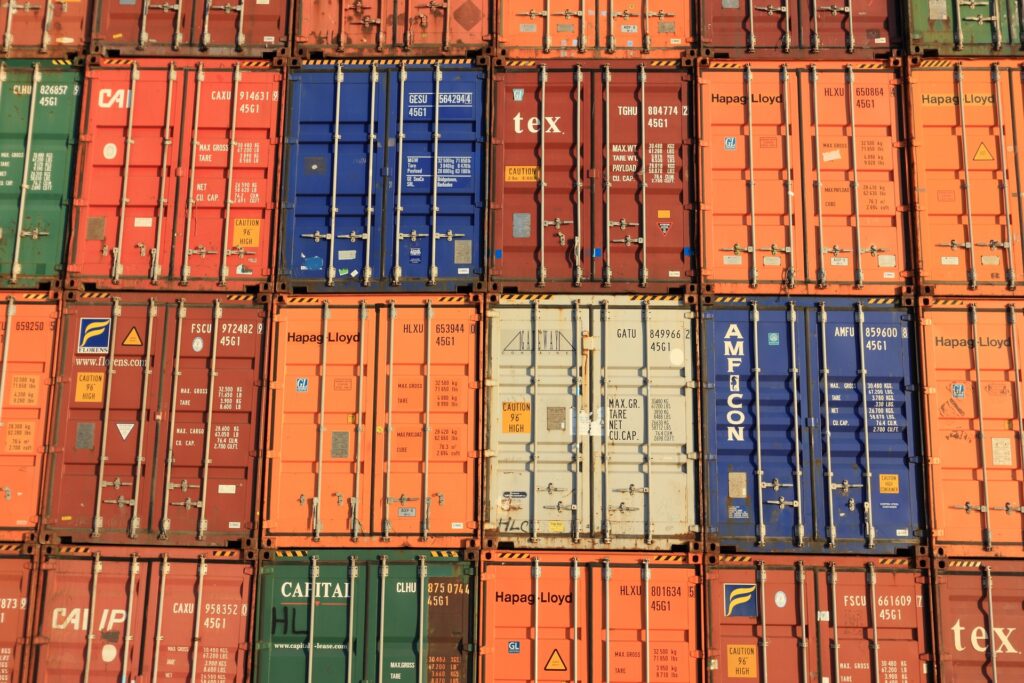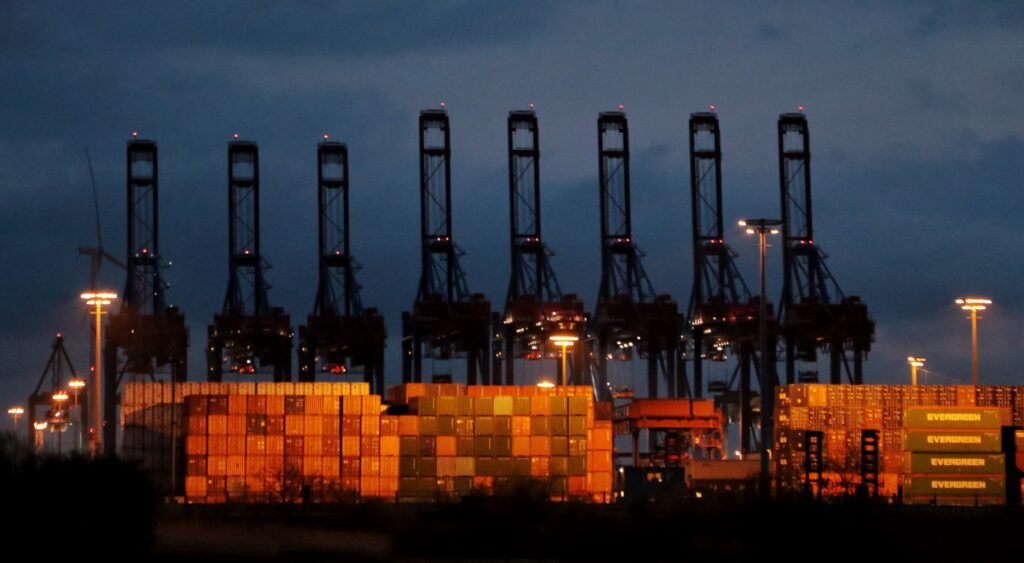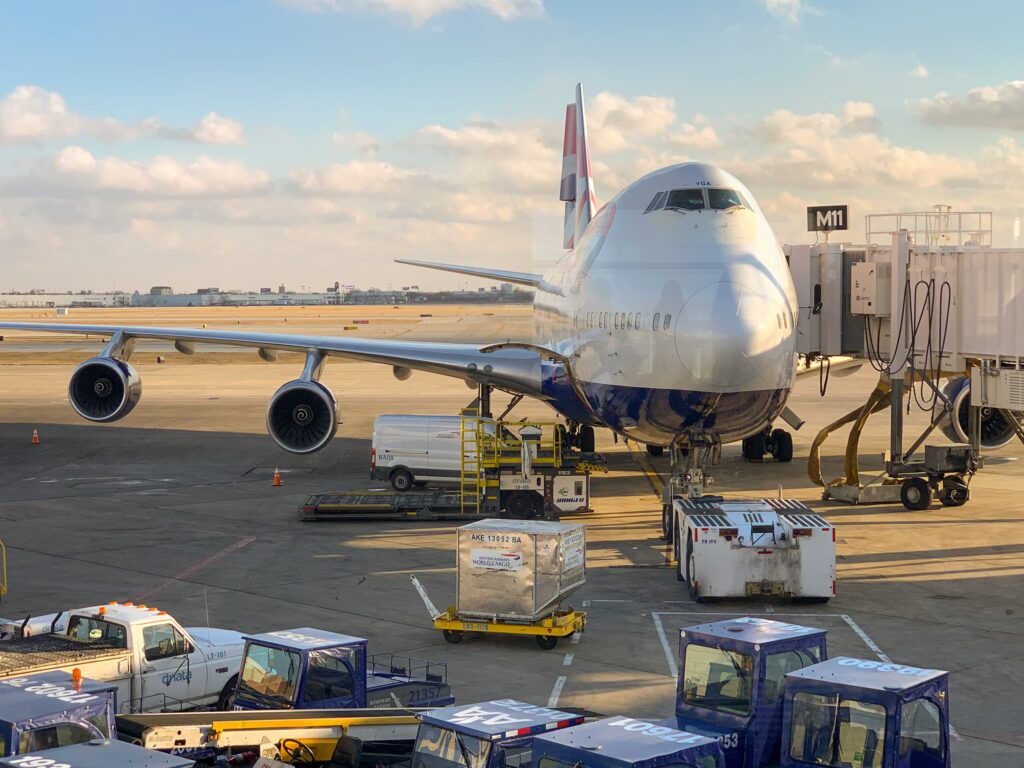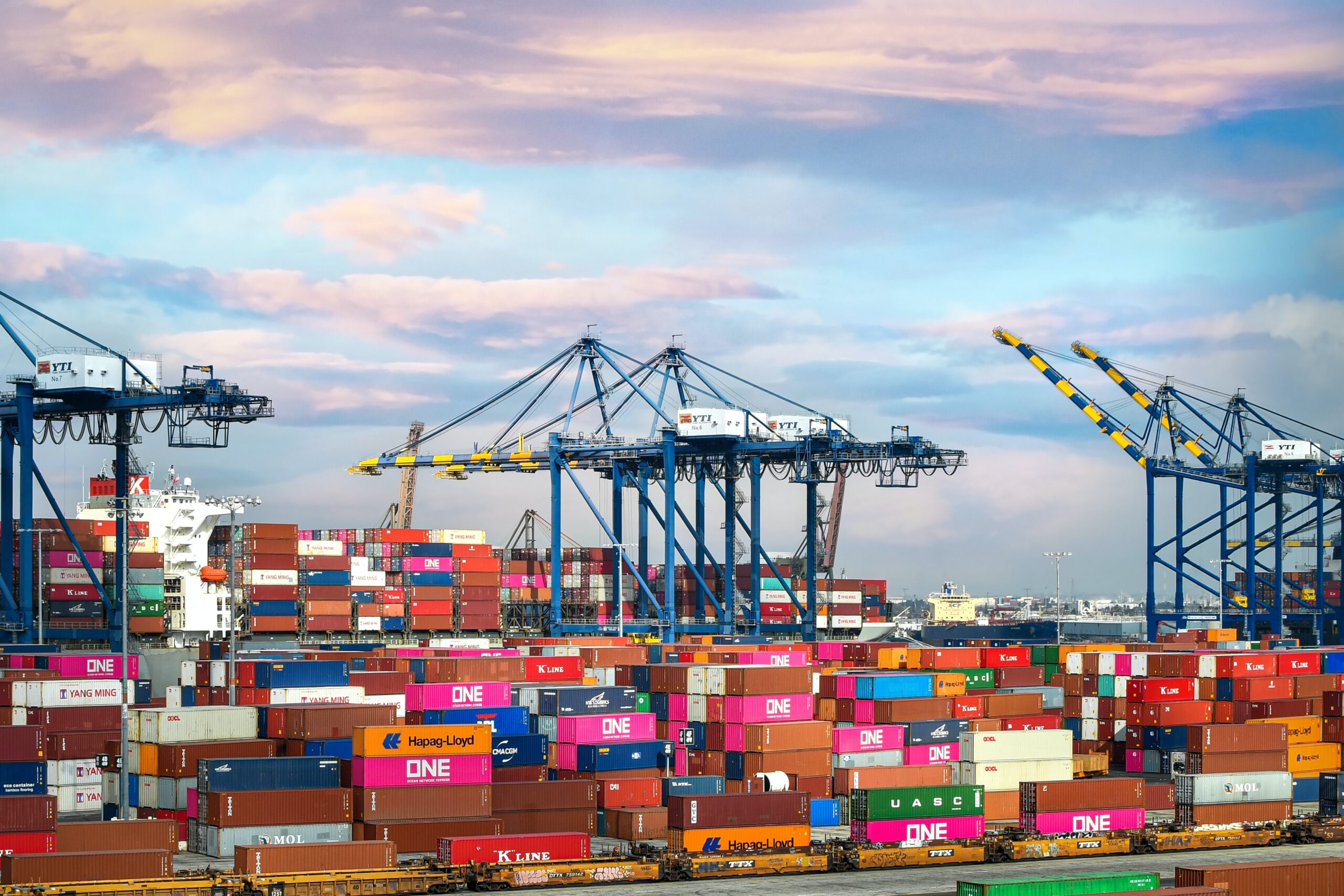Introduction:
Shipping cargo to Africa presents a unique set of challenges, as the continent features diverse infrastructure, varying customs regulations, and a wide range of logistical requirements. When selecting the most suitable shipping method, businesses must consider cost, transit time, and the goods’ nature. This blog post will delve into the specifics of the container, break-bulk, and air freight shipping methods, discussing the advantages and disadvantages of African cargo transportation.
Container Shipping

Container shipping, the most popular method for transporting goods globally, involves loading cargo into large, standardized metal containers, typically measuring 20 or 40 feet in length. These containers are then stacked onto large vessels specially designed to transport them.
Container Shipping Advantages
Cost-effective: Container shipping is often more economical than other methods, especially for large goods. The standardization of containers allows for efficient loading and unloading processes, reducing labor costs.
Security: Goods are securely sealed within the containers, reducing the risk of theft or damage during transit.
Versatility: Containers can accommodate various types of cargo, including dry goods, refrigerated items, and even vehicles.
Container Shipping Disadvantages
Limited accessibility: Not all African ports can handle large container vessels. In such cases, businesses may need to rely on transshipment or use smaller feeder vessels, potentially increasing costs and transit time.
Infrequent sailings: Some African routes may have less frequent container shipping services, leading to longer waiting times between sailings.
Breakbulk Shipping

Breakbulk shipping is a traditional method of transporting cargo that only fits within standard containers. This method involves loading individual pieces or units of cargo directly onto a vessel, often using cranes or other specialized equipment.
Breakbulk Shipping Advantages
Flexibility: Breakbulk shipping is ideal for transporting large or irregularly shaped cargo, such as machinery, heavy equipment, or bulk commodities like grain and minerals.
Customization: Breakbulk vessels can be designed or adapted to accommodate various cargo types, providing tailored solutions for unique shipping requirements.
Breakbulk Shipping Disadvantages
Higher costs: Breakbulk shipping often involves more manual labor and specialized equipment, leading to increased costs compared to container shipping.
Longer transit times: The loading and unloading processes for breakbulk cargo can be more time-consuming, resulting in extended transit times.
Air Freight

Air freight is transporting goods via air cargo carriers on dedicated cargo planes or in the cargo hold of commercial passenger flights.
Air Freight Advantages
Speed: Air freight is the fastest shipping method available, with transit times, typically ranging from a few hours to a few days, depending on the destination.
Reliability: Air freight services generally operate on strict schedules, providing greater predictability and reducing the risk of delays.
Air Freight Disadvantages
High costs: Air freight is often significantly more expensive than other shipping methods, particularly for heavy or bulky cargo.
Limited capacity: Air cargo carriers have strict weight and size restrictions, which may only be suitable for some types of cargo.
Conclusion
When shipping cargo to Africa, the optimal method depends on factors such as the nature of the goods, budget, and time constraints. Container shipping is a cost-effective solution for most types of cargo, while breakbulk shipping offers flexibility for oversized or irregularly shaped items. Air freight may be the best option for time-sensitive shipments, albeit at a higher cost. Ultimately, businesses must carefully evaluate their specific needs and choose the shipping method that best aligns with their objectives.
